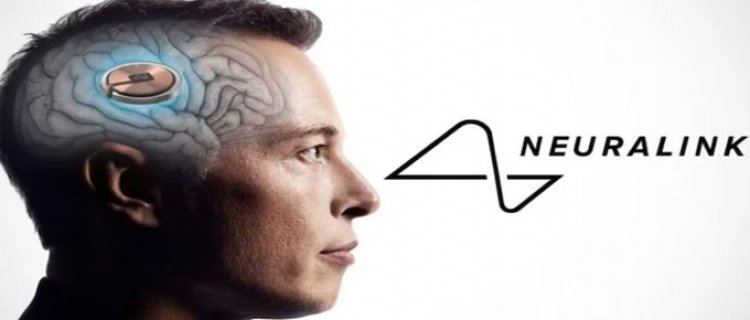Elon Musk's Neuralink Implants First Chip in Human Brain, Raising Hopes and Concerns
Elon Musk's Neuralink has taken a major step towards its goal of creating a brain-computer interface (BCI) by implanting its first chip in a human brain.

Elon Musk's Neuralink has taken a major step towards its goal of creating a brain-computer interface (BCI) by implanting its first chip in a human brain. The implant, which is about the size of a coin, was inserted into the motor cortex of a quadriplegic man who is now able to control a computer cursor with his thoughts.
This is a significant development in the field of BCIs, which have the potential to revolutionize the way we interact with technology and even treat a variety of neurological conditions. However, it also raises a number of ethical and safety concerns that need to be addressed before this technology can be widely used.
What is Neuralink?
Neuralink is a neurotechnology company founded by Elon Musk in 2016. The company's goal is to develop a BCI that can be used to restore sensory and motor function to people with paralysis or other neurological conditions. The company also believes that its technology could eventually be used to enhance human cognitive abilities.
How does the Neuralink chip work?
The Neuralink chip is a small, flexible device that is implanted in the brain through a minimally invasive surgical procedure. The chip contains thousands of tiny electrodes that are able to record the activity of neurons. These signals are then sent to a computer, which can be used to control external devices or to provide sensory feedback.
What are the potential benefits of Neuralink?
Neuralink has the potential to improve the lives of millions of people with neurological conditions. For example, the technology could be used to allow people with paralysis to control prosthetic limbs or to communicate with the world around them. Neuralink could also be used to treat a variety of other conditions, such as epilepsy, depression, and chronic pain.
What are the ethical and safety concerns?
There are a number of ethical and safety concerns that need to be addressed before Neuralink can be widely used. For example, there is a risk that the chip could be hacked, which could allow someone to control the thoughts or actions of the person who is implanted with it. There is also a risk that the chip could damage the brain or cause other health problems.
What's next for Neuralink?
Neuralink is still in the early stages of development, but the company has made significant progress in recent years. The company is now planning to conduct more clinical trials of its technology, and it hopes to eventually receive approval from the FDA to sell its products to the public.
It is still too early to say what the long-term impact of Neuralink will be, but the company's technology has the potential to revolutionize the way we interact with technology and even treat a variety of neurological conditions. However, it is important to carefully consider the ethical and safety concerns before this technology can be widely used.






















